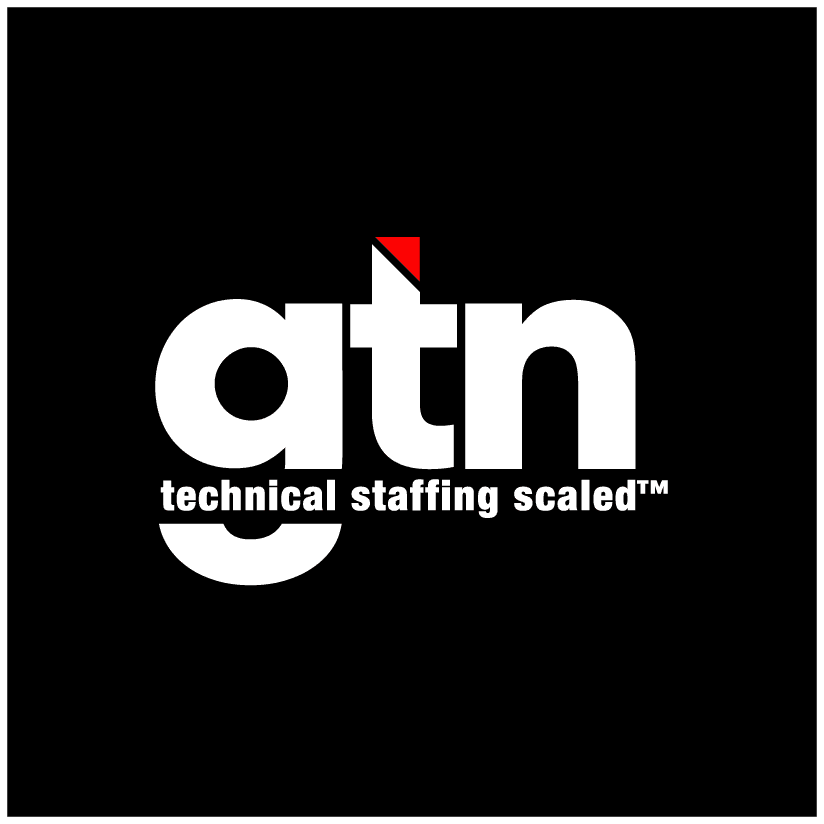What if you’re tasked with leading a remote team to manage an organization’s IT infrastructure? The stakes are high, client expectations are rising, and the margin for error is razor-thin. What separates a good project manager from an exceptional one in this environment? It’s not just technical know-how—a blend of leadership, communication, and problem-solving that defines success.
Project management in the managed services space is as dynamic as it is demanding. With the global managed services market projected to grow to $492 billion by 2027, companies increasingly rely on skilled project managers to lead complex initiatives and ensure seamless client delivery. However, the Project Management Institute (PMI) highlights that 11.4% of company resources are wasted due to poor project management. This data underscores the critical importance of having the right skill set to thrive in this role.
This article explores the essential skills that every Project Manager (PM) on a managed services team must cultivate to navigate the unique challenges of this field and deliver exceptional results.
Key Competencies for Success in Managed Services
Excelling as a Project Manager in the managed services space requires more than just technical knowledge—it demands a blend of skills to navigate complex projects and client relationships.
Leadership: The Foundation of Team and Project Success
Leadership is at the core of any project manager’s role. However, in a managed services environment, it takes on additional nuances. Teams often include a mix of internal staff, external vendors, and remote contributors. A skilled project manager must inspire collaboration, delegate effectively, and keep the team aligned with the client’s goals and organizational objectives.
Key traits of successful leaders include:
- Vision: Defining clear goals and ensuring everyone understands their role in achieving them.
- Empowerment: Trusting team members to take ownership of tasks while offering guidance when needed.
- Conflict resolution: Addressing disputes proactively to maintain team cohesion and productivity.
Pro Tip: To enhance your leadership skills, seek feedback from your team and identify areas for improvement in fostering trust and collaboration.
Communication: Bridging the Gap Between Stakeholders
Effective communication is the glue that holds managed services projects together. Clear, concise communication with multiple stakeholders—clients, team members, and executive leadership—ensures alignment and minimizes misunderstandings.
A PM must master the art of tailoring communication to their audience. For instance:
- Clients require progress updates and risk mitigation plans presented in plain language.
- Technical teams need detailed instructions and specifications to execute tasks effectively.
- Leadership expects strategic insights on resource allocation and return on investment.
In a virtual or hybrid work environment, leveraging tools like Slack, Microsoft Teams, and project management software (e.g., Jira, Asana) can enhance transparency and ensure everyone stays informed.
Pro Tip: Adopt active listening during meetings to ensure all voices are heard, and clarify any ambiguous points before proceeding.
Technical Expertise: A Must for Navigating Managed Services
While you don’t need to be an engineer to succeed as a PM, you must have a solid grasp of the technical landscape. Managed services often involve complex IT infrastructure, cybersecurity, cloud migrations, and software implementations. Understanding these technologies allows you to:
- Translate technical jargon into actionable client insights.
- Anticipate potential risks and mitigate them proactively.
- Foster respect and credibility among your technical team.
For example, if you’re managing a cloud migration, knowledge of platforms like AWS, Azure, or Google Cloud helps you plan timelines effectively and identify potential bottlenecks.
Pro Tip: Stay updated on industry trends and technologies through certifications like ITIL, PMP, or Agile. These enhance your technical knowledge and boost credibility with clients and peers.
Problem-Solving: Thinking on Your Feet
Managed services projects often operate under tight deadlines, and unexpected challenges are inevitable. A skilled PM thrives under pressure, using creative problem-solving to overcome obstacles without compromising project deliverables.
Effective problem-solving requires:
- Analytical thinking: Breaking down complex issues to identify root causes.
- Decision-making: Weighing potential solutions and choosing the most viable option quickly.
- Collaboration: Leveraging the expertise of your team to brainstorm innovative approaches.
For instance, if a server migration project encounters unexpected downtime, a problem-solving PM will assess the situation, communicate transparently with the client, and rally the team to implement a backup plan swiftly.
Pro Tip: Approach challenges with a growth mindset. Viewing setbacks as opportunities for learning can inspire your confidence and innovative thinking across the entire team.
Adaptability: Thriving in a Fast-Paced Environment
The managed services industry is anything but static. From changing client needs to technological advancements, PMs must remain flexible and open to change. Adaptability not only ensures resilience but also allows teams to seize new opportunities.
Ways to build adaptability:
- Stay curious and embrace continuous learning.
- Develop contingency plans to prepare for uncertainties.
- Encourage a culture of experimentation and feedback within your team.
Clients often value a PM who can pivot quickly without losing sight of the project’s objectives. For example, if a client’s priorities shift mid-project, an adaptable PM will reassess timelines and resource allocation to meet the new requirements.
Client Relationship Management: Building Trust and Transparency
In a client-facing role, your ability to manage relationships is just as important as managing projects. Clients expect frequent updates, quick responses to concerns, and a proactive approach to problem-solving.
Best practices for client relationship management:
- Establish clear expectations from the outset, including project milestones and communication protocols.
- Foster transparency by sharing both successes and challenges openly.
- Seek client feedback regularly to ensure alignment with their goals.
Building strong client relationships boosts satisfaction and leads to repeat business and referrals.
Common Pitfalls to Avoid as a Project Manager
While mastering essential skills is critical, being aware of common pitfalls can help you avoid costly mistakes:
- Micromanaging: Trust your team to execute their responsibilities. Micromanaging can stifle creativity and lead to burnout.
- Overpromising: Be realistic about what can be achieved within the constraints of time, budget, and resources.
- Neglecting documentation: Proper documentation ensures continuity and accountability, especially in long-term managed services contracts.
How to Cultivate These Skills
Building the skills required for project management in managed services takes time and effort. Here’s how you can start:
- Professional development: Enroll in courses or certifications like PMP, ITIL, or Agile methodologies to enhance your technical and leadership abilities.
- Mentorship: Seek guidance from experienced project managers who can share insights and strategies for success.
- Hands-on experience: Volunteer for challenging projects that push you out of your comfort zone and provide opportunities to learn new skills.
Find Project Manager Roles
The role of a Project Manager on a Managed Services team is as rewarding as it is challenging. By cultivating essential skills like leadership, communication, technical expertise, problem-solving, adaptability, and client relationship management, you position yourself to thrive in this fast-paced, client-driven environment.
The demand for skilled project managers will only increase with the managed services industry continuing to grow and evolve. Whether you’re an aspiring PM or looking to enhance your current role, investing in these competencies is a surefire way to lead your team to success and deliver exceptional value to clients.
As the saying goes, “Success is where preparation and opportunity meet.” Are you ready to prepare yourself for the future of managed services? GTN Technical Staffing can help define your next career move. Talk to our team today about our full-service recruiting to get started.





